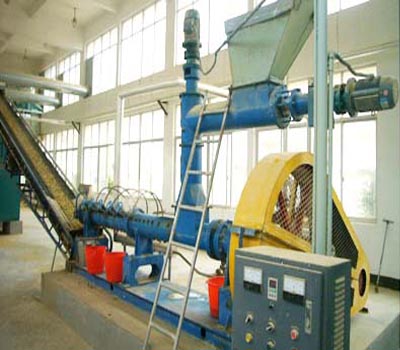What is the reason for pretreating oilseeds before oil extraction?
Oil pretreatment refers to cleaning, dewatering and crushing before pressing, so as to better carry out the subsequent oil pressing work. The pretreatment can help to remove impurities, adjust water content and break the cell wall of seeds. Let’s learn more about the reasons for pretreatment of oilseeds.

First, pretreatment can remove impurities from oilseeds. Cleaning is the first step of pretreatment. Oilseeds are easily polluted by dust and impurities during harvesting, transportation and storage, so it is necessary to clean them to remove impurities and dust on the surface. The cleaned oil seeds not only help to improve the oil extraction rate, but also reduce the wear and tear of oil extraction equipment, prolong the service life of equipment and ensure the purity of oil.
Second, pretreatment can adjust the water content of oilseeds. Dehydration is the key step of pretreatment. Oilseeds contain a lot of water, and if not dehydrated, it will affect the temperature control and oil stability in the process of oil pressing. Therefore, in the pretreatment process, it is necessary to dehydrate and dry oilseeds to reduce their water content and improve the oil extraction effect.
In addition, pretreatment can break the cell wall of oilseeds. Oil in oilseeds is usually stored in cells, and cell wall is the main obstacle to oil leaching. Therefore, crushing is also an important part of pretreatment. Crushing treatment can effectively destroy the cell structure of oilseeds, release oil and improve the oil extraction rate.
Besides, other pretreatment work can be carried out according to the characteristics of different oilseeds, such as peeling, threshing. These pretreatments are aimed at improving the oil extraction rate and oil quality, so as to make full use of oilseeds.
To sum up, it is very necessary to pretreat oilseeds before oil pressing. Through cleaning, crushing, dewatering and other processes, the oil extraction rate and oil quality can be effectively improved, and energy consumption and equipment wear can be reduced, thus achieving a win-win situation of economic benefits and environmental protection benefits.
